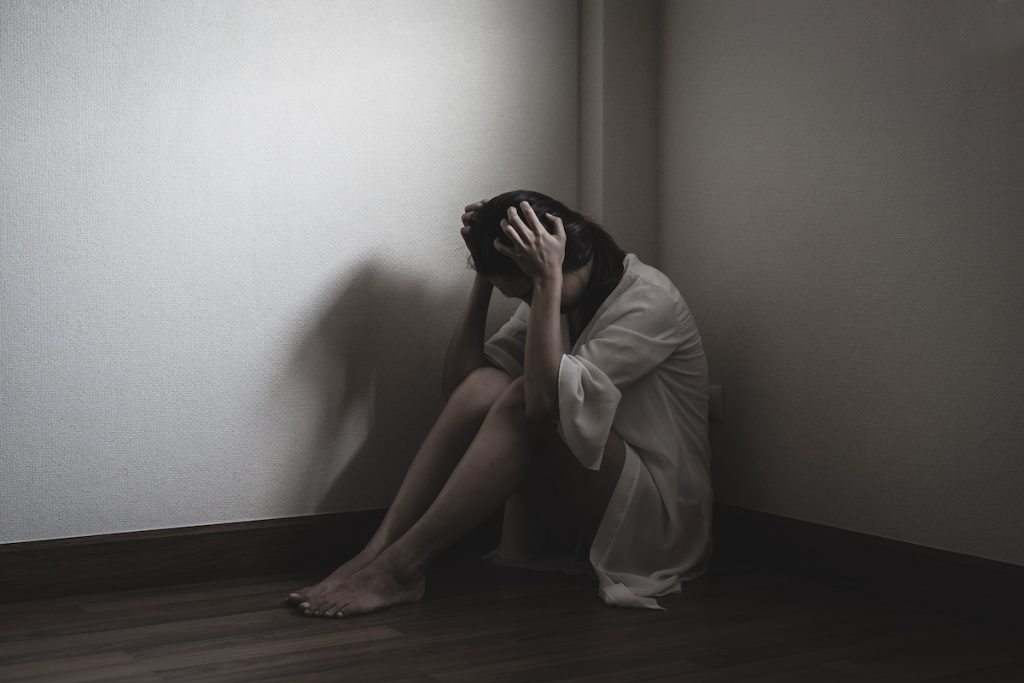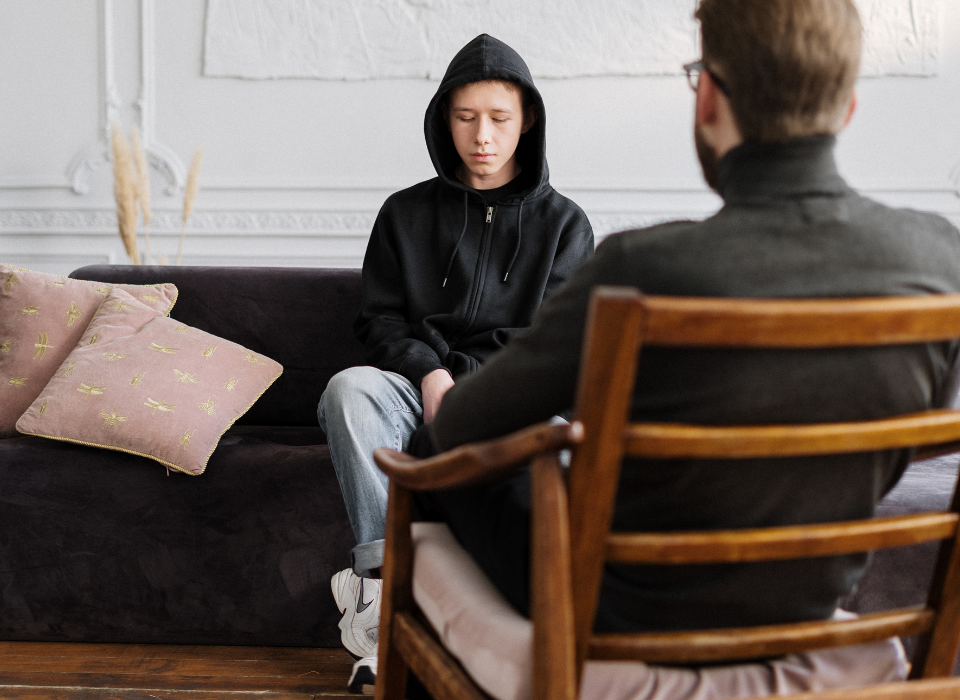
Understanding How Common Anorexia Nervosa Is
June 7, 2024
Recognizing PTSD: Signs, Criteria, and Causes
June 13, 2024What is Body Image?
Body image is a multifaceted concept encompassing how individuals perceive, think, and feel about their physical appearance. It includes thoughts and feelings about body shape, size, and overall appearance. A person’s body image can be positive or negative, often fluctuating based on various internal and external factors.

Positive body image involves a realistic perception of one’s body. Individuals feel comfortable and confident in their skin, appreciating their physical attributes without undue comparison or criticism. Conversely, negative body image is characterized by dissatisfaction and distress regarding one’s appearance, leading to a critical and often distorted view of one’s body.
How Does Body Image Affect Mental Health?
The relationship between body image and mental health is profound and complex. Poor body image is closely linked with a range of mental health issues. Individuals who perceive their bodies negatively are at a higher risk of developing mental health disorders such as:
1. Depression and Anxiety
Negative body image is a significant predictor of both depression and anxiety. The constant self-criticism and comparison to societal ideals can lead to feelings of worthlessness and hopelessness, common symptoms of depression. Anxiety may stem from a fear of judgment or rejection based on one’s appearance.
2. Eating Disorders
Disorders such as anorexia nervosa, bulimia nervosa, and binge-eating disorder are often directly linked to body image concerns. The desire to achieve an “ideal” body can lead to unhealthy eating habits, severe food restrictions, bingeing, and purging, all of which have serious physical and psychological consequences.
3. Low Self-Esteem and Confidence
Individuals with negative body image often experience low self-esteem. They may feel inadequate and unworthy, impacting their social interactions, academic or professional performance, and overall quality of life.
4. Body Dysmorphic Disorder (BDD)
BDD is a severe mental health condition where individuals obsess over perceived flaws in their appearance, which are often minor or imagined. This obsession can lead to significant distress and impair daily functioning.
Factors That Influence Body Image
Several factors influence body image, shaping how individuals perceive and feel about their bodies. These factors can be categorized into sociocultural, psychological, and biological influences.
1. Sociocultural Factors
- Media and Pop Culture: Media portrayals of “ideal” bodies, often unrealistic and digitally enhanced, significantly impact body image. Social media platforms amplify this effect by enabling constant comparison and scrutiny.
- Cultural Norms: Different cultures have varying beauty standards, which can influence body image. In some cultures, certain body types are glorified, while others are stigmatized.
- Family and Peers: Family attitudes and comments about weight, appearance, and peer pressure play a crucial role in shaping body image from a young age.
2. Psychological Factors
- Personality Traits: Perfectionism and self-criticism are associated with negative body image. Individuals with these traits may be more prone to dissatisfaction with their bodies.
- Past Experiences: Traumatic experiences, including bullying, teasing, or abuse related to one’s appearance, can have long-lasting effects on body image.
3. Biological Factors
- Genetics: Genetic predispositions can affect body shape and weight, influencing body image. Hormonal changes, especially during puberty, pregnancy, and menopause, can also impact how individuals perceive their bodies.
- Physical Health: Chronic illnesses or conditions that alter appearance, such as acne, scarring, or significant weight changes, can negatively affect body image.
Promoting Positive Body Image and Mental Health
To mitigate the negative effects of poor body image on mental health, it is essential to foster a positive body image. Here are some strategies:
1. Media Literacy
Educating individuals, especially young people, about the unrealistic nature of media images and the digital manipulation involved can help reduce the impact of media on body image.
2. Positive Role Models
Encouraging exposure to diverse body types and promoting role models who embrace body positivity can help individuals appreciate different forms of beauty.
3. Supportive Environment
It is crucial to create a supportive environment at home, in schools, and in the community where individuals feel accepted and valued regardless of appearance.
4. Professional Help
For those struggling with severe body image issues and related mental health disorders, seeking help from mental health professionals such as psychologists, counselors, or therapists is vital. Therapies like Cognitive Behavioral Therapy (CBT) can be particularly effective in addressing body image concerns.
5. Self-Compassion
Encouraging self-compassion and mindfulness can help individuals develop a healthier relationship with their bodies. Focusing on the body’s functionality rather than just appearance can foster a positive body image.
In conclusion, understanding how body image affects mental health is essential for addressing the complex interplay between physical self-perception and psychological well-being. Recognizing the factors that influence body image and implementing strategies to promote body positivity can enhance mental health outcomes and improve the overall quality of life.
____________________________________________________________________________
Looking for treatment for an eating disorder, anxiety, depression, trauma, or postpartum mood disorder?
Evolve Counseling Services is a specialized team of Licensed Therapists providing treatment in Paoli.



